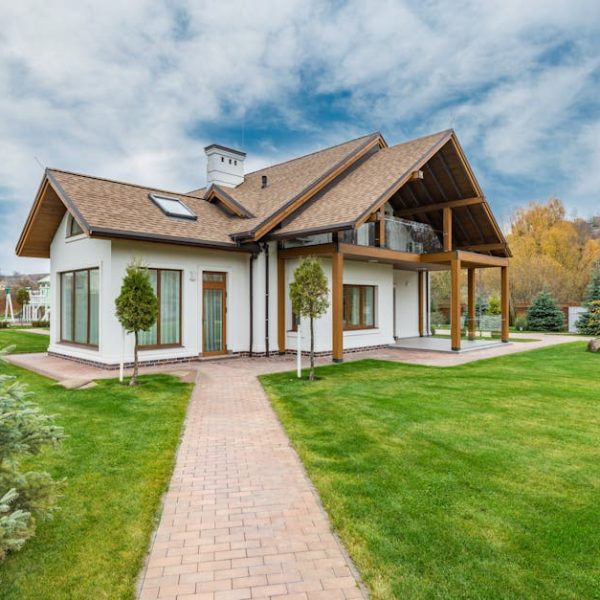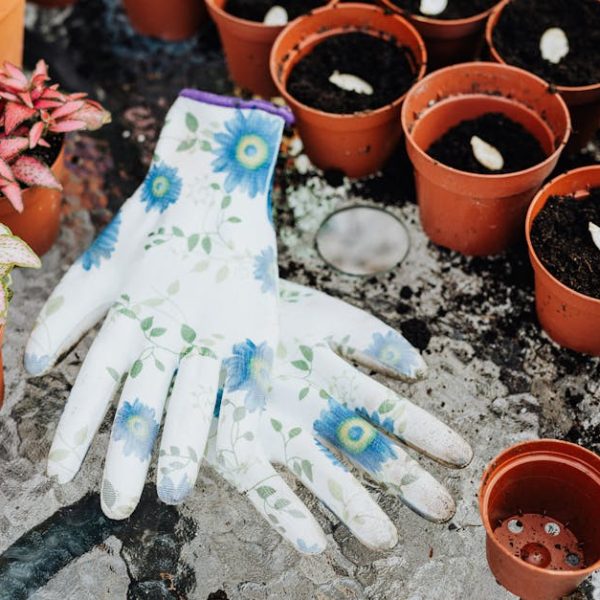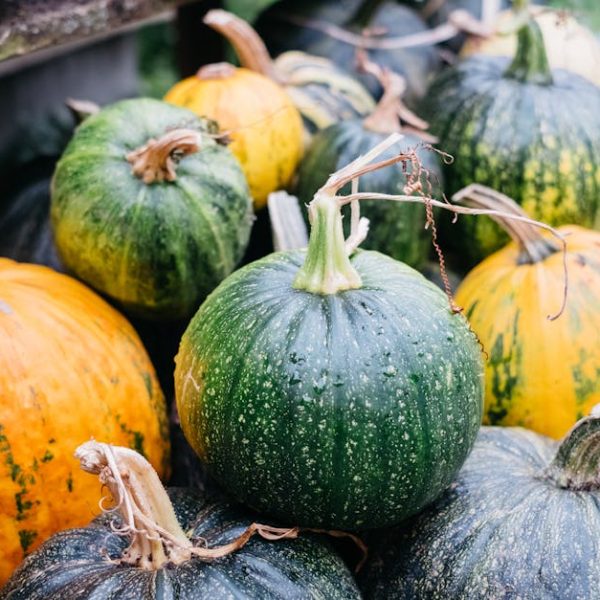Understanding the need for speedy and efficient waste decomposition to be used as organic fertilizer in your garden, leads you to the world of fast composting. This is a high-intensity process that significantly accelerates decomposition by speeding up the biological processes that convert raw organic materials into compost. Unlike traditional composting that can take several months or more, fast composting can produce ready-to-use compost within 2-3 weeks, a speed gardener’s delight.
In essence, fast composting is about carefully managing the conditions in your compost bin to enable nature to do its work more efficiently. This offers several benefits such as quicker access to organic compost, reduced waste volume, and environmental sustainability. It contributes to significant savings on gardening expenses by providing a free, nutrient-rich soil improver.
Understanding the Basics of Fast Composting
Let’s crack open the basics of this efficient composting process. The difference between rapid and traditional composting lies in three fundamental variables: size, quantity, and diversity of materials, and the regularity of turning or stirring your compost pile.
- Materials: The smaller the materials, the quicker they breakdown. Hence, chopping, shredding, or mulching the materials expedites the composting process. Equally important is the proper balance of ‘green’, rich in nitrogen (like fruit and vegetable peelings, grass clippings) and ‘brown’ materials, rich in carbon (like fallen leaves, straw, paper).
- Quantity: A sufficient quantity of material (a compost bin full) helps maintain the high temperatures necessary for rapid composting while not overfilling can lead to ineffective composting.
- Turning: Stirring or turning your compost pile regularly helps maintain uniform oxygen and moisture levels, both essential for speedy decomposition.
Best Practices for Fast Composting:
- Regularly turn your compost pile.
- Maintain a proper balance of green and brown materials.
- Keep your compost moist but not drenched.
- Use a compost activator or starter to speed up the composting process.
Essential Items for Fast Composting
- A suitable compost bin.
- A mix of green and brown materials.
- A digging fork or compost aerator.
- A compost activator or starter.
This foundation is key, but there are more ways to enhance your composting speed, and that’s what we discuss next.
Tips to Speed Up Your Compost Process
To take your composting game to the next level, consider these expert-recommended strategies:
- Layering: Layer the materials when you introduce them to your compost bin to balance the nitrogen and carbon ratio. This promotes faster decomposition.
- Moisture regulation: Compost microorganisms need water. A too dry compost pile can slow composting while too much water can lead to a smelly, anaerobic pile.
- Regular turning: Keeping the compost pile aerated by regular turning is an effective way to speed up the process.
Here’s how fast composting is superior to traditional composting:
Traditional Composting Vs Fast Composting
| Parameters | Traditional Composting | Fast Composting |
|---|---|---|
| Time to produce compost | Can take several months to over a year | Usually between 2-3 weeks |
| Input into the composting process | Minimal effort required; mostly involves depositing waste as it is produced | Requires active management and regular input |
| Quality of the compost produced | Can sometimes contain weed seeds or disease organisms depending on pile temperatures | Generally thoroughly decomposed and free of seeds or disease organisms |
It’s evident that fast composting, though demanding, reaps richer and quicker rewards. Let’s now take a look at the right compost infrastructure for this task – the compost bin.
Choosing the Right Compost Bin for Fast Composting
The type of compost bin you use can significantly impact the speed and success of your fast composting journey. Certain types, for instance, are designed for faster decomposition. While a traditional compost pile can suffice for ordinary composting, dedicated compost bins, particularly those designed for quick composting, come with features such as effective aeration systems and easy-turning mechanisms, making the process faster and more efficient.
Different Types of Compost Bins Suitable for Fast Composting:
- Rotating or Tumbler Compost Bins: These are easy to turn and mix the compost materials regularly, accelerating the composting process.
- Insulated Compost Bins: These types retain heat inside, speeding up the composting process particularly in colder climates.
- Worm Composting Bins: These bins make use of worms to consume the waste and excrete worm castings – a fast and effective way of converting kitchen scraps into rich compost.
Checklist: Features to Consider When Choosing a Compost Bin for Fast Composting
- ✅ Durability and Material Quality
- ✅ Aeration Capabilities
- ✅ Turning and Mixing Ease
- ✅ Capacity in Relation to Your Waste Output
- ✅ Insulation for Heat Retention
- ✅ Accessibility for Adding Material and Harvesting Compost
Pros and Cons: Advantages and Disadvantages of Different Types of Compost Bins
| Type | Advantages | Disadvantages |
|---|---|---|
| Rotating/Tumbler Compost Bins | Fast composting, easy turning and mixing | Sometimes expensive, limited capacity |
| Insulated Composting Bins | Good for cold climates, retains heat | May be bulky, costly |
| Worm Composting Bins | Fast composting, rich compost, ideal for kitchen waste | Not suitable for yard waste, requires regular feeding |
Integrating Fast Composting into Your Gardening Routine
Fast composting can be integrated seamlessly into your gardening routine, provided you are geared up for the task. The process, although fast, requires regular attention. Without acknowledging this need, you may face challenges.
However, these challenges can be easily overcome with discipline and practice. Set aside time regularly for turning and mixing compost, shredding organic materials, and maintaining balance in your compost pile.
Best Practices: How to Make Fast Composting a Habit
- Incorporate composting into your routine: Set aside specific days/times for turning your compost.
- Keep your compost bin close to your garden or kitchen: This makes depositing scraps or collecting compost quicker.
- Teach your family about composting: Get everyone in the household involved.
List: Benefits of Using Fast Composting in Gardening
- Provides rich, nutrient-packed compost in a short time.
- Reduces dependency on store-bought fertilizers.
- Boosts the health and productivity of your garden.
- Creates a sustainable and environmentally friendly home garden.
Common Mistakes in Fast Composting and How to Avoid Them
Even with the best intentions and efforts, mistakes can happen in fast composting. Some common errors include adding the wrong materials, not maintaining the right balance of green and brown materials, and not turning the pile frequently enough.
Here is how you can avoid such mistakes and ensure optimal composting results:
Pro Tips: Expert Advice on How to Avoid Common Mistakes in Fast Composting
- Regularly balance your green and brown material: Avoid overloading with too much of one type.
- Monitor moisture level: Keep your compost pile as damp as a wrung-out sponge.
- Turn the pile frequently: Turning ensures adequate aeration and speeds up the decomposition process.
List: Common Misconceptions about Fast Composting
- Fast composting is too labor-intensive: While it requires more effort than traditional composting, the benefits outweigh the efforts.
- Only certain types of organic materials can be composted: Most organic materials, including yard waste, vegetable scraps, even shredded newspapers, can be composted.
With all these insights and tips, you’re now well-equipped to start your fast compost
Key Takeaway:
- Fast composting is a beneficial process that significantly speeds up the decomposition of organic waste for use as compost.
- The rapid composting process depends on the size, quantity, and diversity of materials, along with frequent turning of the compost pile.
- Efficient fast composting requires proper balance between ‘green’ and ‘brown’ materials, regular turning, and adequate moisture.
- The kind of compost bin used effects the speed of composting. Compost bins designed for fast composting often feature enhanced aeration systems and easy-turning mechanisms.
- There are common mistakes made during fast composting but they can be avoided by following the right guidelines.
Fast composting may be labor-intensive compared to traditional composting, but the rewards are worth the effort. Quicker generation of nutrient-rich compost, reduced waste, and contributing to environmental sustainability will enhance your gardening experience. Now that you have all the insights and expert advice necessary, it’s time to get started on your fast composting journey.
FAQs
Q: Can fast composting work in colder climates?
A: Yes, fast composting can be done in colder climates. Insulated compost bins are designed to retain heat which speeds up the composting process in such conditions.
Q: What is a compost activator or starter?
A: A compost activator or starter is a product that contains microorganisms, typically microbes that help heat the compost pile and kickstart the decomposition process.
Q: Can I compost dairy products and meat in fast composting?
A: Bad odors from your compost pile usually suggest that it’s too wet, or it has too many green materials and not enough brown ones. Make sure to balance your green and brown materials and regularly turn your compost pile to keep it aerated.
Q: Can I include plants treated with pesticides in my compost pile?
A: It’s best to avoid composting plants that have been treated with pesticides or other chemical substances, as these may linger in the compost and harm your plants when used.
We hope you found this guide useful. Feel free to explore more posts on our website and share this article with your fellow gardening enthusiasts.






